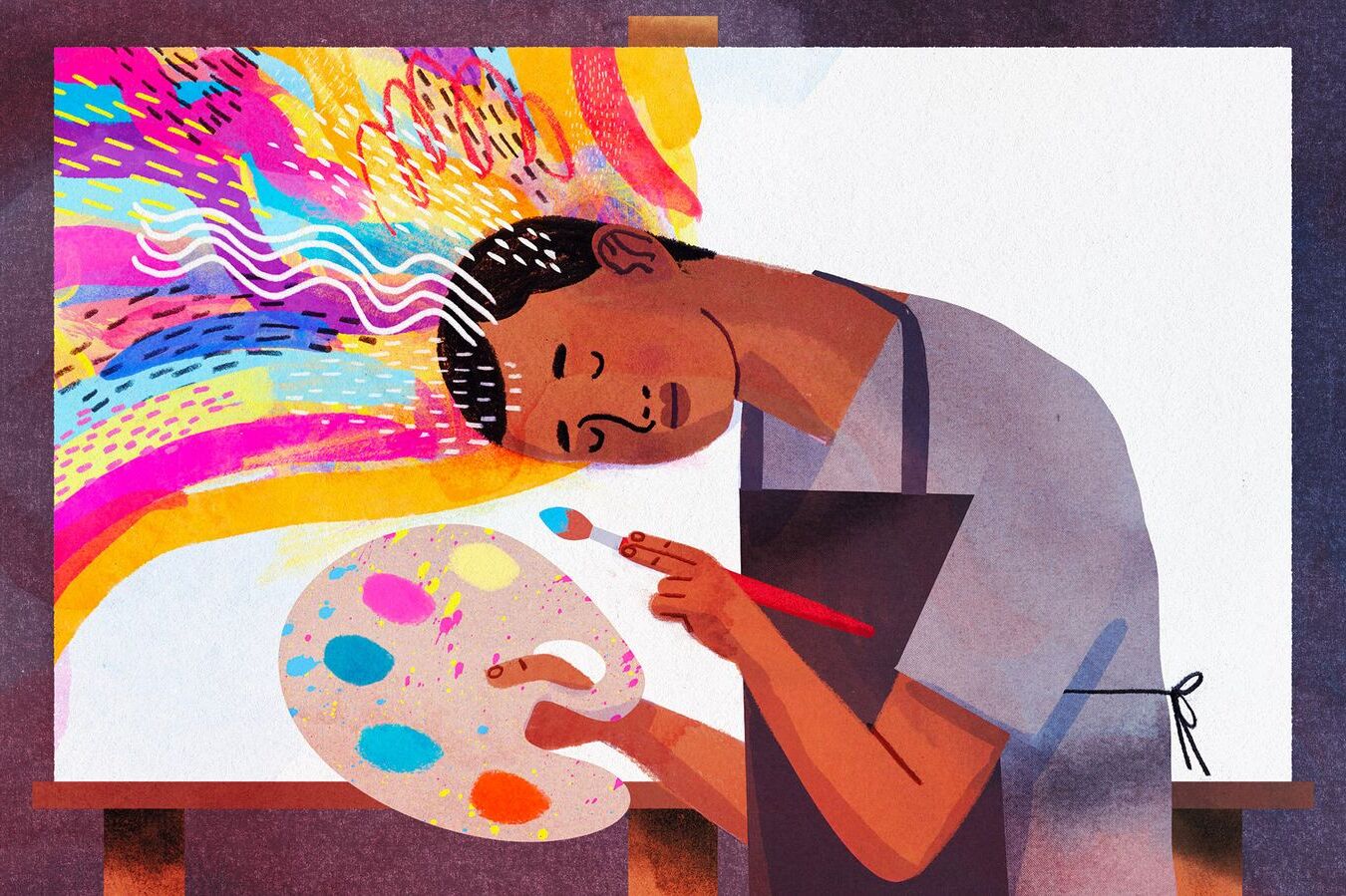
History is packed with incredible stories, surprising events, and fascinating characters. Did you know that Cleopatra lived closer in time to the moon landing than to the construction of the Great Pyramid of Giza? Or that Napoleon was once attacked by a horde of bunnies? History isn't just about dates and battles; it's about the quirky, unexpected moments that shaped our world. From ancient civilizations to modern times, every era has its own unique tales. Whether you're a history buff or just curious, these 35 facts will make you see the past in a whole new light. Buckle up for a journey through time!
Key Takeaways:
- Ancient civilizations like the Sumerians and Ancient Egyptians made groundbreaking inventions and developments that still influence our world today.
- The Renaissance, Industrial Revolution, and modern history have shaped our society, from art and technology to social movements and global conflicts.
Ancient Civilizations
Ancient civilizations laid the groundwork for modern society. Their innovations and cultures continue to influence us today.
- The Sumerians invented the first form of writing, known as cuneiform, around 3400 BCE.
- Ancient Egyptians built the pyramids as tombs for their pharaohs, with the Great Pyramid of Giza being one of the Seven Wonders of the Ancient World.
- The Indus Valley Civilization had advanced urban planning, including the world's first known urban sanitation systems.
- Ancient China saw the invention of paper, gunpowder, the compass, and printing, which are known as the Four Great Inventions.
- The Minoans of Crete developed one of the earliest known forms of plumbing, with complex drainage systems in their palaces.
Medieval Times
The medieval period, often called the Middle Ages, was a time of knights, castles, and significant cultural and technological advancements.
- Feudalism was the dominant social system in medieval Europe, where lords granted land to vassals in exchange for military service.
- The Black Death killed an estimated 25 million people in Europe between 1347 and 1351, drastically changing the continent's social structure.
- Medieval universities began to emerge in the 12th century, with the University of Bologna being the oldest, founded in 1088.
- Gothic architecture, characterized by pointed arches and flying buttresses, flourished during this period, with the Notre-Dame Cathedral being a prime example.
- The Crusades were a series of religious wars initiated by the Latin Church in the medieval period, primarily to reclaim Jerusalem from Muslim rule.
Renaissance and Enlightenment
The Renaissance and Enlightenment periods were times of great intellectual and cultural growth, leading to many of the ideas that shape our world today.
- The Renaissance began in Italy in the 14th century and spread throughout Europe, reviving interest in the classical art, literature, and learning of Ancient Greece and Rome.
- Leonardo da Vinci, a key figure of the Renaissance, was not only a master painter but also an inventor, scientist, and mathematician.
- The printing press, invented by Johannes Gutenberg in the mid-15th century, revolutionized the spread of information and literacy.
- Galileo Galilei made significant contributions to astronomy, including improvements to the telescope and support for heliocentrism.
- The Enlightenment, an intellectual movement in the 17th and 18th centuries, emphasized reason, individualism, and skepticism of traditional authority.
Industrial Revolution
The Industrial Revolution marked a major turning point in history, with profound effects on society, economy, and technology.
- The spinning jenny, invented by James Hargreaves in 1764, revolutionized the textile industry by allowing one worker to spin multiple spools of thread simultaneously.
- Steam engines, developed by James Watt and others, powered factories, trains, and ships, transforming transportation and industry.
- The Luddite movement consisted of workers who destroyed machinery they believed threatened their jobs during the early 19th century.
- Child labor was widespread during the Industrial Revolution, with children working long hours in dangerous conditions in factories and mines.
- The telegraph, invented by Samuel Morse in the 1830s, revolutionized communication by allowing instant transmission of messages over long distances.
Modern History
Modern history encompasses the events of the 20th and 21st centuries, including wars, technological advancements, and social changes.
- World War I, also known as the Great War, lasted from 1914 to 1918 and involved many of the world's great powers.
- The Treaty of Versailles, signed in 1919, officially ended World War I and imposed heavy reparations on Germany.
- World War II, from 1939 to 1945, was the deadliest conflict in human history, with an estimated 70-85 million fatalities.
- The United Nations was established in 1945 to promote international cooperation and prevent future conflicts.
- The Cold War was a period of geopolitical tension between the Soviet Union and the United States, lasting from 1947 to 1991.
Technological Advancements
Technological advancements have rapidly changed the way we live, work, and communicate.
- The internet was developed in the late 20th century, revolutionizing access to information and communication.
- Mobile phones have evolved from bulky devices in the 1980s to the powerful smartphones we use today.
- Artificial intelligence (AI) has made significant strides, with applications in healthcare, finance, and everyday life.
- The Human Genome Project, completed in 2003, mapped the entire human genome, opening new possibilities in genetics and medicine.
- Renewable energy sources, such as solar and wind power, are becoming increasingly important in the fight against climate change.
Social Movements
Social movements have played a crucial role in shaping modern society, advocating for rights and equality.
- The Civil Rights Movement in the United States, led by figures like Martin Luther King Jr., fought for the end of racial segregation and discrimination.
- The Women's Suffrage Movement successfully campaigned for women's right to vote, with the 19th Amendment to the U.S. Constitution ratified in 1920.
- The LGBTQ+ rights movement has made significant progress in recent decades, with many countries legalizing same-sex marriage and protecting against discrimination.
- The Environmental movement advocates for the protection of the natural world, with events like Earth Day raising awareness about environmental issues.
- The #MeToo movement, which gained prominence in 2017, has brought attention to sexual harassment and assault, leading to significant cultural and legal changes.
History's Hidden Gems
History's full of surprises. From ancient civilizations to modern marvels, these 35 facts show just how fascinating our past can be. Knowing these tidbits not only makes you smarter but also gives you cool stories to share. Imagine impressing friends with tales of the Great Wall of China or the mysteries of the pyramids.
History isn't just about dates and events; it's about understanding how we got here. Every fact, no matter how small, adds a piece to the puzzle. So, keep exploring, keep learning, and never stop being curious. The more you know about history, the more you appreciate the present.
Remember, the past shapes the future. By learning from it, we can make better choices today. So, dive into history, and let its hidden gems inspire you.
Frequently Asked Questions
Was this page helpful?
Our commitment to delivering trustworthy and engaging content is at the heart of what we do. Each fact on our site is contributed by real users like you, bringing a wealth of diverse insights and information. To ensure the highest standards of accuracy and reliability, our dedicated editors meticulously review each submission. This process guarantees that the facts we share are not only fascinating but also credible. Trust in our commitment to quality and authenticity as you explore and learn with us.


